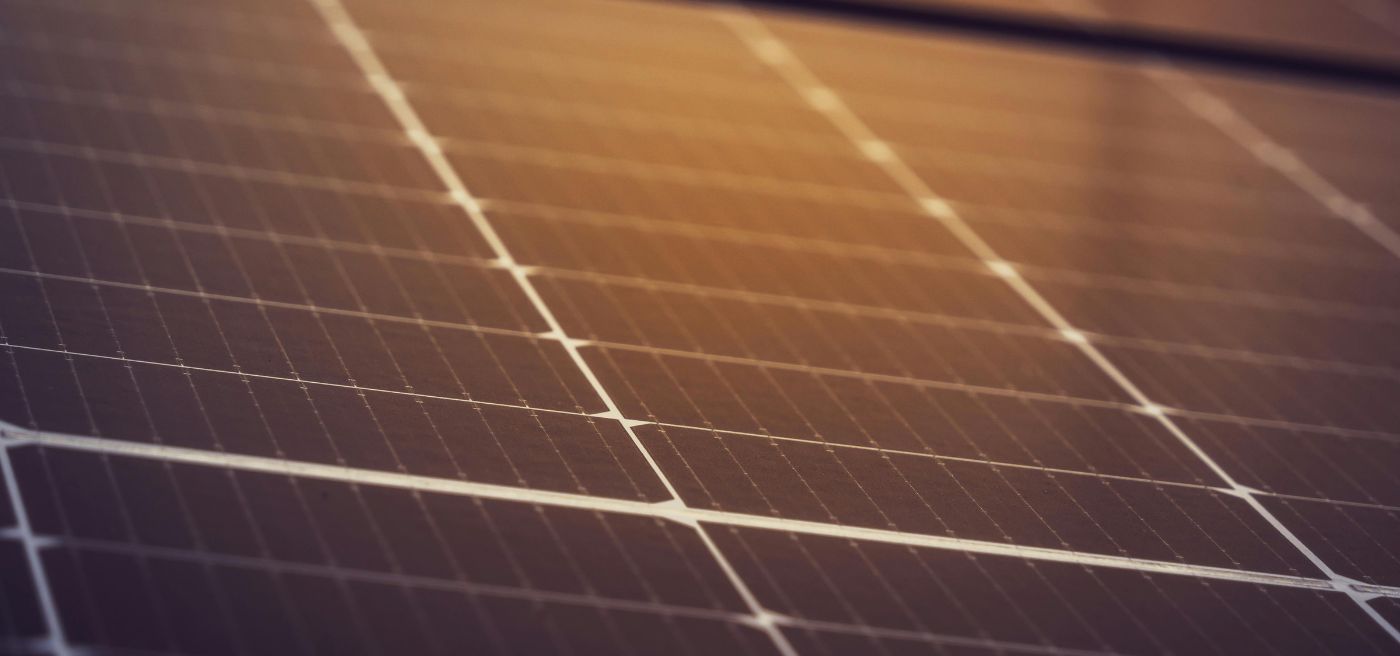How to Choose the Right Solar Panels for Your Needs
Switching to solar power is one of the smartest and most eco-friendly decisions you can make. However, with so many options available, choosing the right solar panels can feel overwhelming. Whether you’re powering a home, business, RV, or off-grid cabin, understanding the key factors will help you make an informed decision.
1. Understand Your Energy Needs
Before browsing solar panel options, determine your daily and monthly energy consumption. Check your electricity bills for kWh usage, and think about whether you want to offset part or all of your energy needs.
- Small systems: Ideal for RVs, boats, and cabins.
- Medium systems: Suitable for most homes.
- Large systems: Designed for businesses and high-consumption households.
Knowing your power requirements helps narrow down the right wattage and number of panels.
2. Choose the Right Type of Solar Panel
There are three main types of solar panels:
- Monocrystalline: High efficiency, sleek design, and excellent performance in low light, but usually more expensive.
- Polycrystalline: Slightly lower efficiency but more affordable; recognizable by their blue hue.
- Thin-film: Lightweight and flexible, suitable for portable or irregular installations, but lower efficiency.
If space is limited, monocrystalline panels may be best. For budget-friendly large-area installations, polycrystalline can be a good choice.
3. Check Efficiency Ratings
Solar panel efficiency determines how much sunlight is converted into usable electricity. Higher efficiency means you need fewer panels for the same output.
- Standard efficiency: 15–17%
- High efficiency: 18–23%
If your roof or installation space is small, opt for higher efficiency panels to maximize output.
4. Consider Durability and Warranty
A solar panel is a long-term investment, so durability is crucial. Look for:
- Warranty period: At least 20–25 years performance warranty.
- Certifications: IEC, UL, or TUV certifications indicate reliable manufacturing standards.
- Weather resistance: Panels with IP65 or IP66 ratings are better for harsh environments.
5. Understand Cost vs. Value
While it’s tempting to choose the cheapest panels, consider the cost per watt rather than just the sticker price. High-efficiency, durable panels often provide better long-term value through greater energy savings and fewer replacements.
6. Check Brand Reputation & Support
Not all solar panel brands are equal. Choose a brand with:
- Proven track record and positive reviews.
- Strong after-sales support.
- Availability of replacement parts.
7. Installation and Compatibility
Make sure the panels you choose are compatible with your inverter, mounting system, and battery setup (if you’re going off-grid). Some manufacturers offer complete kits to ensure all components work seamlessly together.
Final Thoughts
Choosing solar panels isn’t just about picking the highest wattage or the cheapest option. It’s about balancing performance, budget, space, and long-term reliability. By evaluating your energy needs, panel type, efficiency, and brand support, you can make a smart investment that powers your life sustainably for decades to come.
